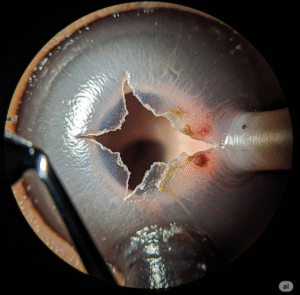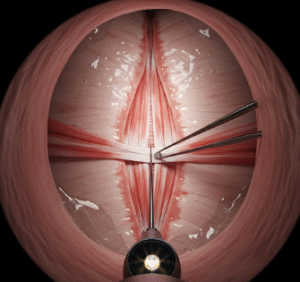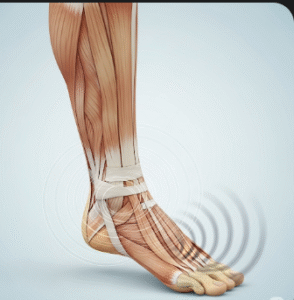Overview
Malabsorption syndromes are a group of disorders in which the body cannot properly absorb nutrients from food, leading to deficiencies and associated health problems. In Korea, gastroenterology specialists diagnose and manage these conditions using advanced testing and individualized treatment plans.
What is Malabsorption Syndrome?
Malabsorption syndrome occurs when the digestive system fails to absorb essential nutrients, such as proteins, fats, vitamins, and minerals. This can result from structural, functional, or enzyme-related problems in the gastrointestinal tract. Both children and adults can be affected, with varying severity.
Symptoms
- Chronic diarrhea or loose stools
- Unintentional weight loss
- Abdominal bloating and gas
- Fatigue and weakness
- Nutritional deficiencies (iron, vitamin B12, calcium, fat-soluble vitamins)
- Bone pain or osteoporosis in long-term cases
- Swelling or edema due to protein deficiency
Causes
- Celiac disease (gluten intolerance)
- Chronic pancreatitis or pancreatic insufficiency
- Crohn’s disease or inflammatory bowel disease
- Cystic fibrosis
- Small intestinal bacterial overgrowth (SIBO)
- Surgical removal of parts of the intestine
- Lactose intolerance or other enzyme deficiencies
Risk Factors
- Family history of celiac disease or other digestive disorders
- Chronic gastrointestinal conditions
- History of intestinal surgery or injury
- Autoimmune diseases
- Poor diet or malnutrition
- Infants with congenital enzyme deficiencies
Complications
- Severe nutritional deficiencies (vitamins, minerals, proteins)
- Anemia or other blood disorders
- Osteoporosis or rickets due to calcium and vitamin D deficiency
- Growth delays in children
- Increased susceptibility to infections
- Chronic fatigue and muscle weakness
Prevention
- Early diagnosis and management of underlying conditions
- Gluten-free diet for celiac disease patients
- Pancreatic enzyme replacement for pancreatic insufficiency
- Avoidance of known dietary triggers
- Routine monitoring of nutritional status in high-risk individuals
Treatment Options in Korea
Diagnosis
- Blood tests for nutritional deficiencies, antibodies (e.g., anti-tTG for celiac)
- Stool tests to detect fat or maldigestion
- Endoscopy and biopsy to examine intestinal lining
- Imaging (CT, MRI) to detect structural abnormalities
- Breath tests for bacterial overgrowth or lactose intolerance
Medical & Nutritional Treatments
- Dietary modifications specific to the underlying cause
- Nutritional supplementation (vitamins, minerals, proteins, fats)
- Enzyme replacement therapy for pancreatic insufficiency
- Medications to control inflammation or bacterial overgrowth
- Monitoring and management of complications such as anemia or bone loss
Rehabilitation and Support
- Personalized dietary counseling
- Regular follow-up to monitor nutrient levels
- Education on long-term disease management
- Support for growth and development in children
- Physical therapy if malnutrition has caused muscle weakness













